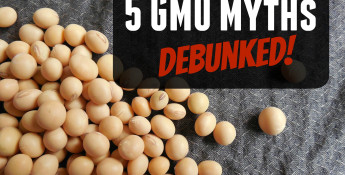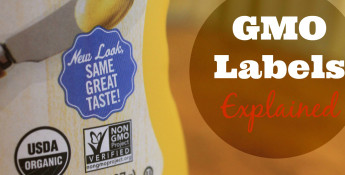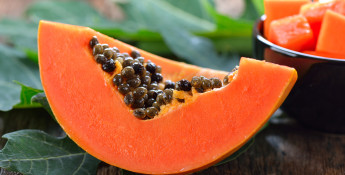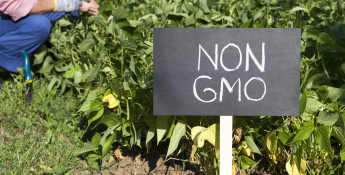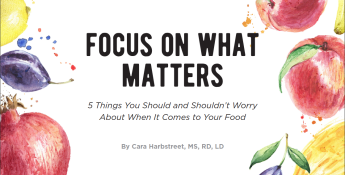By Greg Doering on September 4, 2019
What does GMO free mean?
And does it matter?
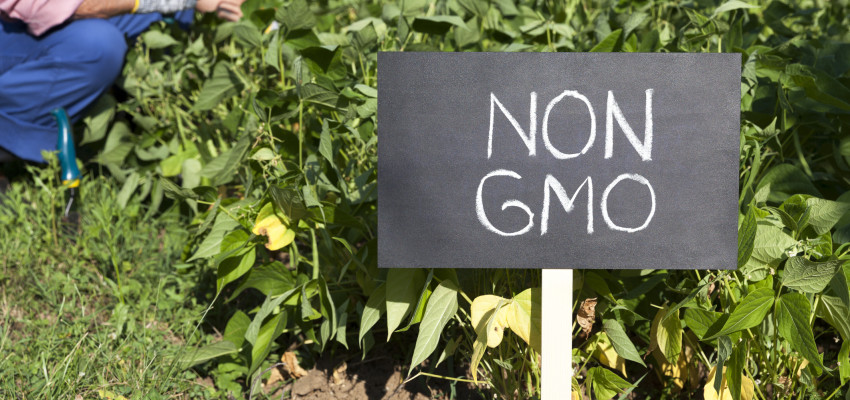
Dietary guidelines always seem to be changing and food companies take advantage of those shifting goals with claims that are aimed more at your wallet than your wellbeing. Among the many of these claims is that genetically modified (GM) foods should be labeled so consumers can choose “GMO-free” products.
Defining GMOs
Scientists transfer genetic material from one organism to another to create GM organisms. It’s similar to plant breeders grafting two species together to produce a new variety, only more precise.
This process allows scientists to introduce new traits, like in Bt eggplant (brinjal) in Bangladesh, which is modified with a gene from the bacterium Bacillus thuringiensis, which aids in pest resistance. The modified eggplant lowered the use of pesticides and boosted farmers’ incomes, according to a Cornell University study.
“Using Bt brinjal, Bangladeshi growers receive a six-fold higher economic return and benefit greatly by a dramatic reduction in exposure to harmful pesticides,” Cornell entomologist Anthony Shelton says. “Bt brinjal is making a positive difference in the lives of resource-poor people in Bangladesh, and similar results could be achieved in other countries if their farmers were allowed access to this novel and safe technology.”
Claims without merit
Food companies often tout “GMO free” as a healthy alternative, however those claims aren’t backed by science. In fact, GM foods are more likely to have undergone strenuous testing to ensure their safety. According the World Health Organization, “Specific systems have been set up for the rigorous evaluation of GM organisms and GM foods relative to both human health and the environment. Similar evaluations are generally not performed for conventional food.”
GMOs have deep roots
While GM food undergoes significant testing, food companies aren’t bound by those same rigorous standards. Chipotle discovered that claiming to be “GMO free” is easier said than done. The burrito maker is facing lawsuits in three states over claims it used “only non-GMO ingredients.”
Most Chipotle consumers didn’t read the fine print that going “GMO free” really just meant changing the corn in its tortillas and its cooking oil. It continued to serve beverages with GMO ingredients and animals fed GMO corn and soybeans.
Scare tactics
William Saletan, writing for Slate, summed up the “GMO-free” movement thusly:
“The people who push GMO labels and GMO-free shopping aren’t informing you or protecting you. They’re using you. Keeping you scared is the key to their political and business strategy.”





